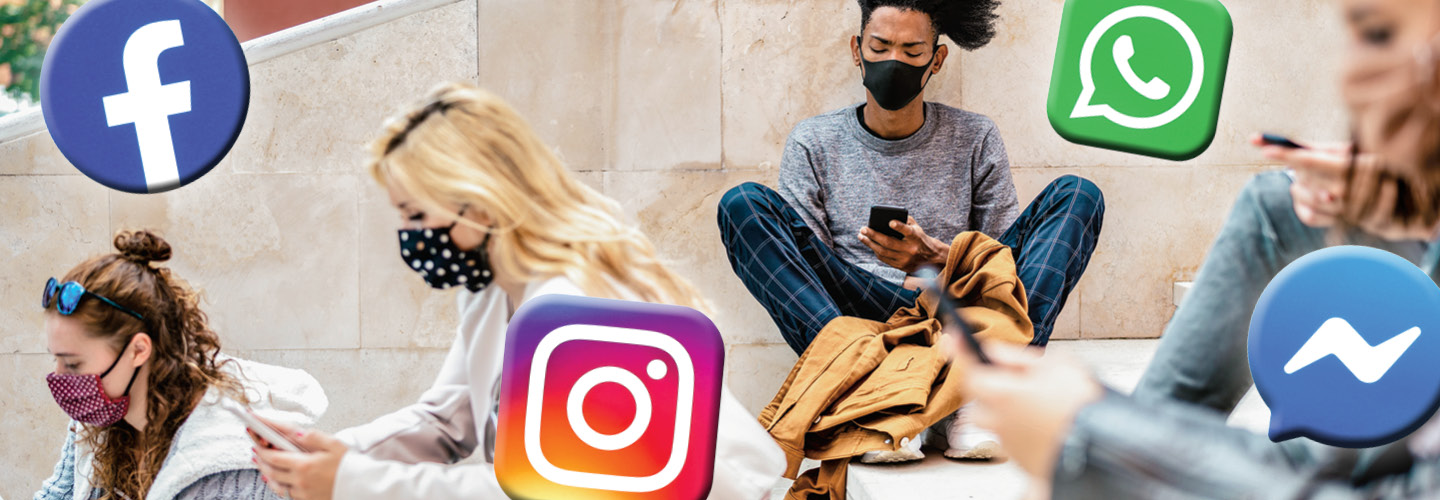Iris Tsouris, 18, has long struggled with body image issues, and she says Instagram has made it worse. She tries to make a point of following body positivity accounts, but when she clicks the Explore button, she’s offered a bunch of dieting posts about replacing meals with iced coffee.
“It perpetuates negative self-image in people, stuff that might feed into eating disorders,” says Tsouris, now a first-year student at Yale University in Connecticut.
So when Tsouris heard that Facebook’s own research shows that teenagers feel worse about themselves after using Instagram, which Facebook* owns, she’s wasn’t at all surprised.
Iris Tsouris, 18, has long struggled with body image issues. She says Instagram has made it worse. She tries to follow more body positivity accounts. But when she clicks the Explore button, she’s faced with a bunch of dieting posts about replacing meals with iced coffee.
“It perpetuates negative self-image in people, stuff that might feed into eating disorders,” says Tsouris, now a first-year student at Yale University in Connecticut.
Facebook’s research shows that teenagers feel worse about themselves after using Instagram, which Facebook* owns. When Tsouris found out, she’s wasn’t at all surprised.

